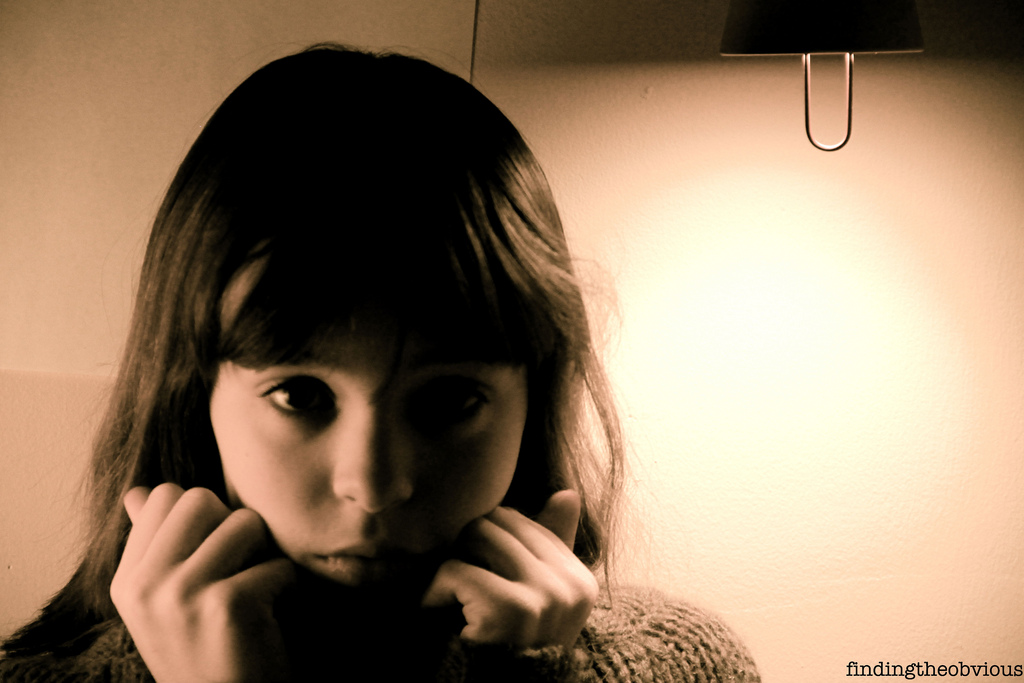One of the biggest barriers in treating adolescents with mental health problems is their refusing to seek psychological help. This study was designed to examine the relationships between two forms of perfectionism, self-concealment and attitudes toward seeking psychological help and to test the mediating role of self-concealment in the relationship between perfectionism and attitudes toward seeking psychological help among Malaysian high school students. The participants were 475 Malaysian high school students from four high schools in Kuala Lumpur, Malaysia. Structural equation modelling results indicated that high school students with high levels of socially prescribed perfectionism, high levels of self-concealment, and low levels of self-oriented perfectionism reported negative attitudes toward seeking psychological help. Bootstrapping analysis showed that self-concealment emerged as a significant, full mediator in the link between socially prescribed perfectionism and attitudes toward seeking psychological help. Moderated mediation analysis also examined whether the results generalized across men and women. The results revealed that male students with socially prescribed perfectionism are more likely to engage in self-concealment, which in turn, leads to negative attitudes toward seeking psychological help more than their female counterparts. The results suggested that students high in socially prescribed perfectionism were more likely to engage in self-concealment and be less inclined to seek psychological help.
Read the full paper:
Abdollahi, A., Hosseinian, S., Beh-Pajooh, A., & Carlbring, P. (in press). Self-Concealment Mediates the Relationship Between Perfectionism and Attitudes Toward Seeking Psychological Help Among Adolescents. Psychological Reports. doi:10.1177/0033294117713495
Photo by: Findingtheobvious
